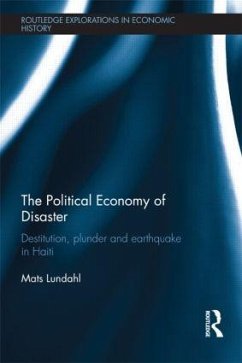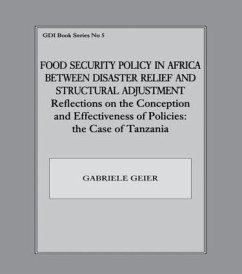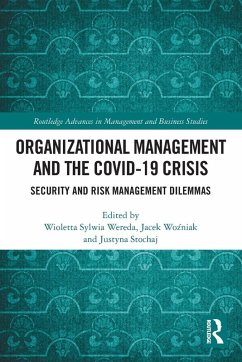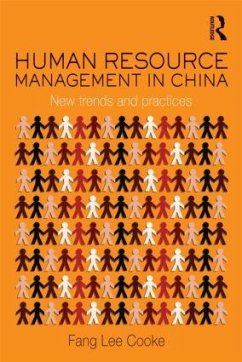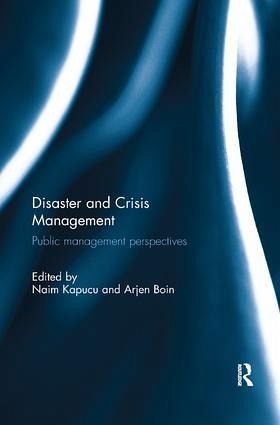
Disaster and Crisis Management
Public Management Perspectives
Herausgeber: Kapucu, Naim; Boin, Arjen
Versandkostenfrei!
Versandfertig in 1-2 Wochen
63,99 €
inkl. MwSt.

PAYBACK Punkte
32 °P sammeln!
A wide range of natural hazards pose major risks to the lives and livelihoods of large populations around the world. Man-made disasters caused by technological failures, industrial accidents, spillages, explosions, and fires, compound this threat. Since 9/11, security threats based on violence (terrorism, insurgency, and civil strife) have attracted much governmental attention and a great deal of public resources. As the scale, frequency, and intensity of disasters and crises have dramatically increased over the last decade, the failures in responding to these crises have prompted a critical n...
A wide range of natural hazards pose major risks to the lives and livelihoods of large populations around the world. Man-made disasters caused by technological failures, industrial accidents, spillages, explosions, and fires, compound this threat. Since 9/11, security threats based on violence (terrorism, insurgency, and civil strife) have attracted much governmental attention and a great deal of public resources. As the scale, frequency, and intensity of disasters and crises have dramatically increased over the last decade, the failures in responding to these crises have prompted a critical need to evaluate the way in which the public sector responds to disaster. What have we learned? What has changed in the management of disasters and crises? What do we know about the causes, patterns, and consequences of these events? This book looks at some of the approaches that can be taken to empirically examine disaster and crisis management practices. It contributes to the literature on crisis and disaster management, as well as social policy and planning. Introducing approaches that are applicable to a variety of circumstances in the U.S. and in other countries, it offers ways to think through policy interventions and governance mechanisms that may enhance societal resilience. This book was originally published as a special issue of Public Management Review.





